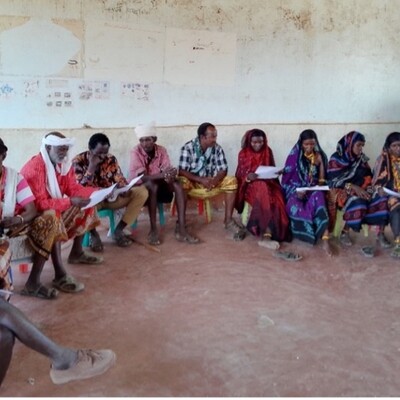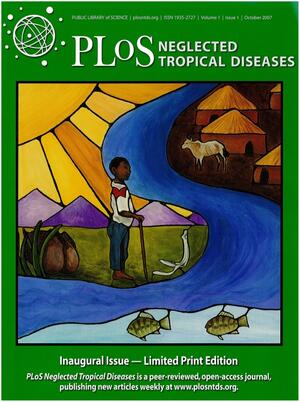
Lancet Countdown 2018 report shows concerning trends in heat and heat waves, infectious disease and declining food security

The Lancet Countdown: tracking progress on health and climate change is a multidisciplinary, international research collaboration that provides a global overview of the relationship between public health and climate change. Publishing its findings annually in The Lancet, the initiative generates research evidence to inform an accelerated policy response to climate change.
The Lancet Countdown 2018 report presents the work from leading academics and technical experts from 27 partner academic and United Nations institutions around the world, including the International Livestock Research Institute (ILRI), Tehran University of Medical Sciences, University of Sydney and the World Health Organization. The study was funded by the Wellcome Trust.
Among the report’s co-authors are Delia Grace, veterinary epidemiologist and co-leader of the Animal and Human Health program at ILRI, and Paula Dominguez-Salas, assistant professor in nutrition-sensitive agriculture at the London School of Hygiene and Tropical Medicine on joint appointment at ILRI.
The Lancet Countdown initiative brings together climate scientists and geographers, mathematicians and physicists, transport and energy experts, development experts, engineers, economists, social and political scientists, and health professionals, reporting on 41 indicators across five key thematic groups:
- climate change impacts, exposures and vulnerability;
- adaptation planning and resilience for health;
- mitigation actions and health co-benefits;
- economics and finance; and
- public and political engagement.
Below are the four key messages of the Lancet Countdown 2018 report:
- Present day changes in heat waves, labour capacity, vector-borne disease and food security provide early warnings of the compounded impacts on public health that are expected if temperatures continue to rise. Trends in climate change impacts, exposures and vulnerabilities show an unacceptably high level of risk for the current and future health of populations across the world.
- A lack of progress in reducing emissions and building adaptive capacity threatens human lives and the viability of the national health systems they depend on, with the potential to disrupt core public health infrastructure and overwhelm health services.
- A number of sectors have seen the beginning of a low-carbon transition; the nature and scale of the response to climate change will shape the health of nations for centuries to come.
- Ensuring a widespread understanding of climate change as a central public health issue will be crucial in delivering an accelerated response, with the health profession beginning to rise to this challenge.
The full text of the Lancet Countdown 2018 report is available for free via The Lancet website (you will need to create a free account with The Lancet).
















